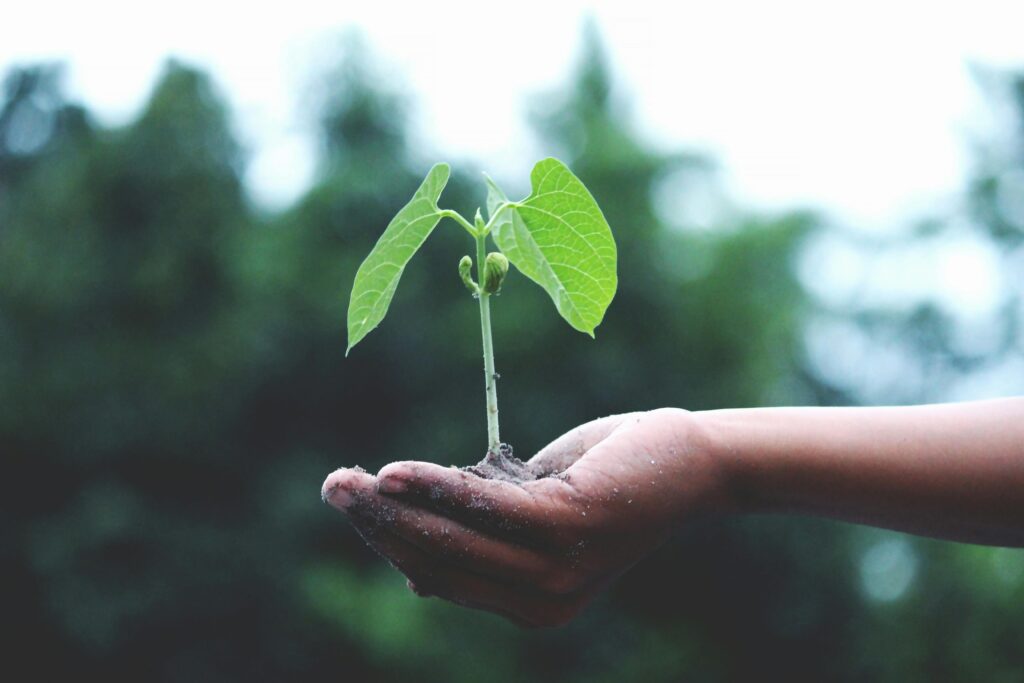In the face of escalating climate challenges, the agricultural sector stands at a crucial juncture. With the dual goals of enhancing food security and mitigating environmental impact, climate-smart agriculture (CSA) emerges as a pivotal approach. At the heart of this transformative movement is technology, which has rapidly evolved to offer innovative solutions that redefine the way we grow, manage, and sustain our agricultural systems. This blog delves into the profound impact of technology on climate-smart agriculture, exploring how it drives efficiency, sustainability, and resilience.
Precision Agriculture: A Technological Revolution
Precision agriculture represents one of the most significant advancements in modern farming. By leveraging GPS, IoT sensors, and data analytics, farmers can now tailor their practices to the specific needs of their crops and soil. This level of precision allows for optimized resource use—such as water, fertilizers, and pesticides—thereby minimizing waste and reducing the environmental footprint.
For instance, GPS-guided tractors and harvesters ensure that fields are managed with unparalleled accuracy, reducing soil compaction and erosion. Soil sensors provide real-time data on moisture levels, enabling targeted irrigation that conserves water and enhances crop health. Additionally, data analytics platforms process vast amounts of information to offer actionable insights, enabling farmers to make informed decisions that align with CSA principles.
Climate-Resilient Crop Varieties
Another technological marvel in climate-smart agriculture is the development of climate-resilient crop varieties. Advances in genetic engineering and biotechnology have led to the creation of crops that are better equipped to withstand extreme weather conditions, pests, and diseases. These varieties are designed to thrive in changing climates, ensuring stable yields even in the face of climate variability.
Genomic research has played a crucial role in this endeavor. By identifying and incorporating genes associated with drought resistance, heat tolerance, and pest resistance, scientists can develop crops that are more resilient and sustainable. This not only enhances food security but also reduces the need for chemical inputs, contributing to a more eco-friendly agricultural system.
Sustainable Water Management
Water scarcity is one of the most pressing issues in agriculture, exacerbated by climate change. Technology offers innovative solutions to address this challenge. Advanced irrigation systems, such as drip and sprinkler systems equipped with moisture sensors, enable precise water delivery based on real-time needs. This not only conserves water but also reduces runoff and soil erosion.
Furthermore, the integration of satellite technology and remote sensing provides valuable insights into water availability and distribution. This data helps farmers optimize their water use, plan irrigation schedules, and make informed decisions about crop selection and management. By adopting these technologies, farmers can enhance their resilience to water-related challenges and contribute to overall water conservation efforts.
Digital Platforms and Data-Driven Decisions
The rise of digital platforms and mobile applications has revolutionized the way farmers access information and make decisions. Platforms that offer weather forecasts, market prices, and agronomic advice empower farmers with the knowledge they need to adapt to changing conditions and optimize their practices.
Moreover, blockchain technology is being explored for its potential to improve transparency and traceability in agricultural supply chains. By ensuring that every step of the production process is recorded and verified, blockchain can enhance food safety, reduce fraud, and support sustainable practices.
The Future of Climate-Smart Agriculture
As we look to the future, the role of technology in climate-smart agriculture will continue to expand and evolve. Innovations such as artificial intelligence (AI), machine learning, and robotics are poised to further enhance agricultural practices. AI-powered systems can analyze complex data sets to predict crop performance and optimize resource use, while robotics can automate labor-intensive tasks, increasing efficiency and reducing human error.
In addition, advancements in renewable energy technologies, such as solar and wind power, offer promising solutions for reducing the carbon footprint of agricultural operations. By integrating these technologies, farms can become more energy-efficient and contribute to broader sustainability goals.
Conclusion
The integration of technology in climate-smart agriculture represents a beacon of hope for addressing the intertwined challenges of food security and environmental sustainability. Through precision agriculture, climate-resilient crop varieties, sustainable water management, and data-driven decision-making, technology is paving the way for a more resilient and sustainable agricultural future. As technological innovations continue to advance, they will undoubtedly play an increasingly vital role in shaping the future of agriculture, ensuring that it remains both productive and sustainable in the face of a changing climate.










